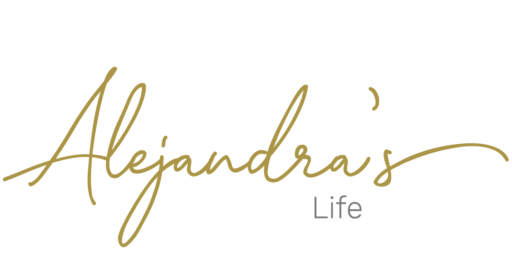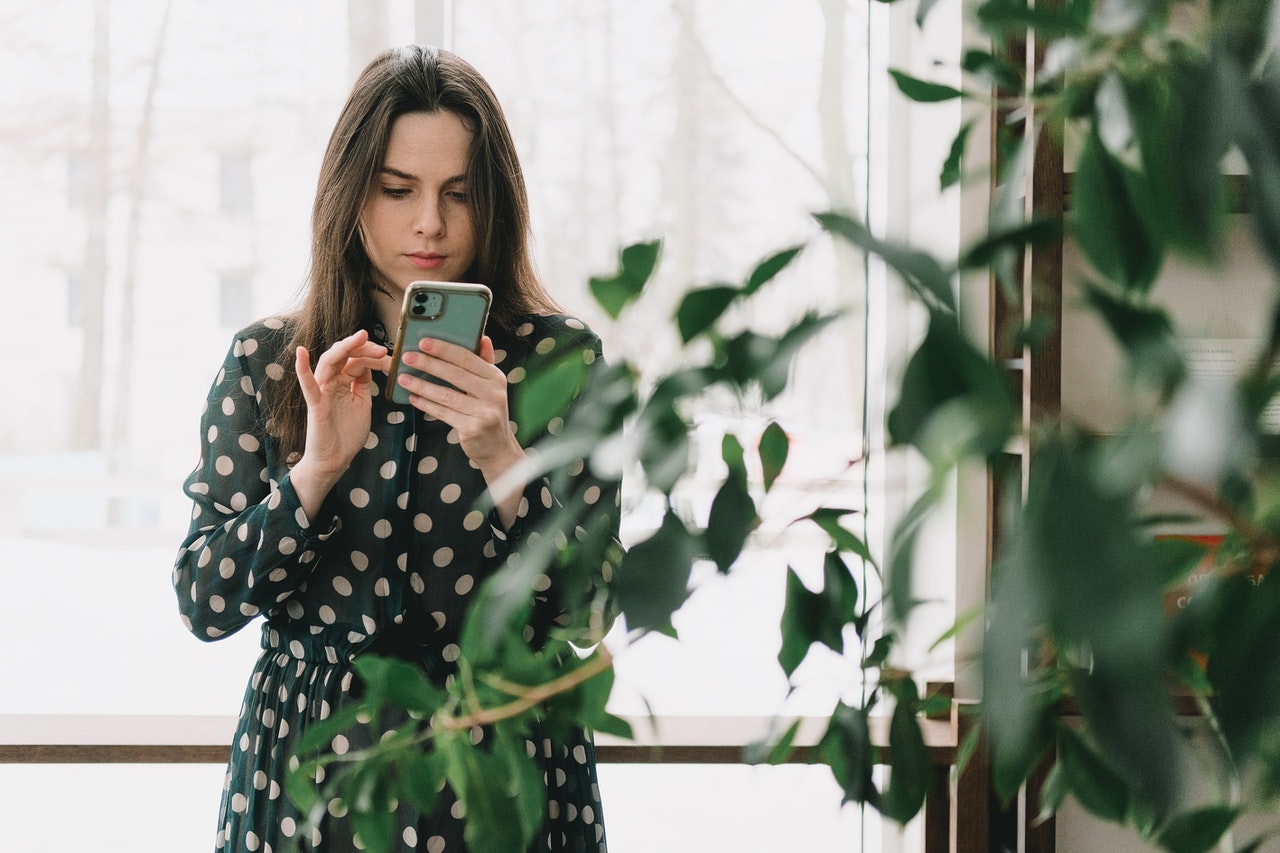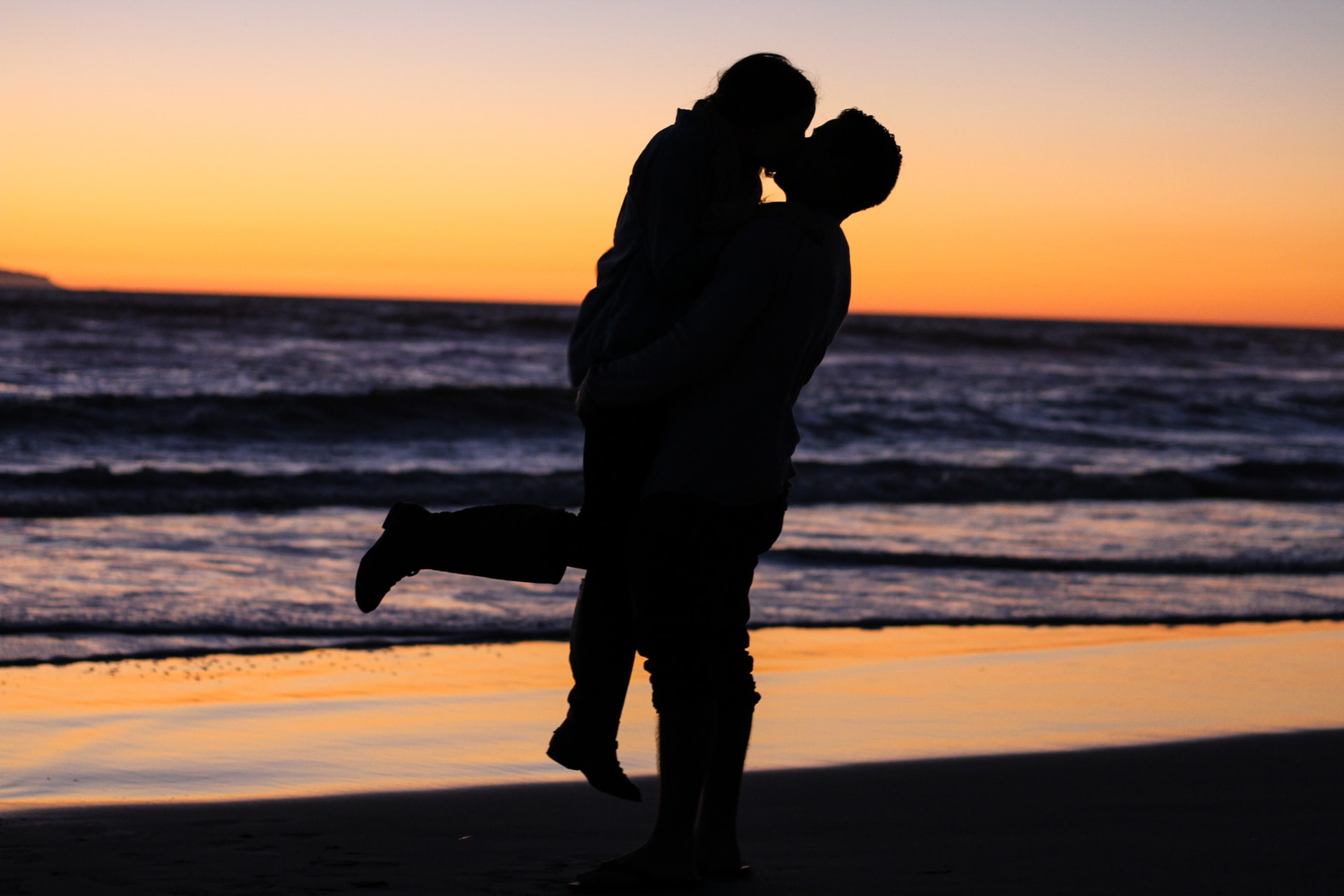Dating apps can be a great tool for finding fellow single people in your area. However, it’s important that you use dating apps in a healthy way. Just like social media, dating apps can lead to addiction or cause anxiety and depression in some people.
It’s important to realise when you are no longer using dating apps in a healthy way. Below are a few clear signs that your relationship with dating apps might be unhealthy and what you can do to fix this.
The constant rejection is getting you down
No one likes rejection. Getting rejected once can be tough. Getting rejected tens – if not hundreds – of times can be too much for some people to handle. For some people, the dating app experience can feel like this. Whether you’re constantly being ‘ghosted’, struggling to get responses, or even struggling to score matches, it can start to chip away at your self-esteem and make you feel worthless over time.
When this happens, it’s important to take a break from dating apps. In the meantime, consider what you can do to improve your dating success. Could you try using a new photo? Could you improve your bio? Is it time for you to learn new conversation starters? Take the chance to make improvements and return with a more positive attitude (check out this guide at Lifehack.org for tips). You could find that things change (plus, new users will have joined in that time).
If you still find yourself getting nowhere, don’t despair. Dating apps aren’t for everyone, and it might be time to try a new dating approach. Alternatively, you may just need to be a bit more patient. It can take some people months to meet the right person on a dating app. Very few dating app users find instant success, and many are dealing with constant rejection like you.
Your time spent on dating apps is becoming a negative distraction
Your dating app usage could start to become unhealthy if it is consuming your life and distracting you from other important tasks. If you find yourself unable to focus on work, cancelling social plans, or going to sleep later than usual because of dating apps, consider whether it’s time you limited your usage. Like anything, dating apps can become addictive, and this could become harmful if you don’t take a break (this guide at Bustle.com lists some signs that you may be addicted).
A good solution could be to schedule a specific time each day to use dating apps. This should ideally be no more than an hour. Before and after this period, make sure to turn off notifications and avoid checking your apps. Unless a conversation is looking promising, there’s no benefit in constantly checking your phone.
You find yourself obsessing over people and overanalysing conversations
Do you find yourself obsessing over people you’ve matched with and planning out your future with them? Do you spend ages overanalyzing every conversation and all its possible meanings? This could be a sign that you’re getting a little too obsessed.
Such obsessions can increase the feeling of rejection. It’s important to not see a match as anything more than a match and to try to take conversations at face value. Wait until you get to the physical date to start taking things seriously. Once you start taking a more fun approach to dating apps, you could find that they start to become more rewarding.
Alternatively, consider whether online dating is right for you. The slow pace of online conversations can force some people to overanalyze – using a dating chatline such as these ones found at freechatlines.com could allow you to have a faster and more natural conversation that prevents you from overanalyzing things. You could even find that face-to-face dating options like speed dating are better.
You’re telling lies in order to score dates
You shouldn’t ever have to resort to lying about yourself in order to score dates. You may find that this strategy leads to success, but ultimately you’ll feel guilty about not being honest and you’ll be starting a relationship founded on lies.
It’s much healthier to be truthful and to be yourself. Avoid lying about your interests, your job or your lifestyle (and most definitely do not lie about your age!).




